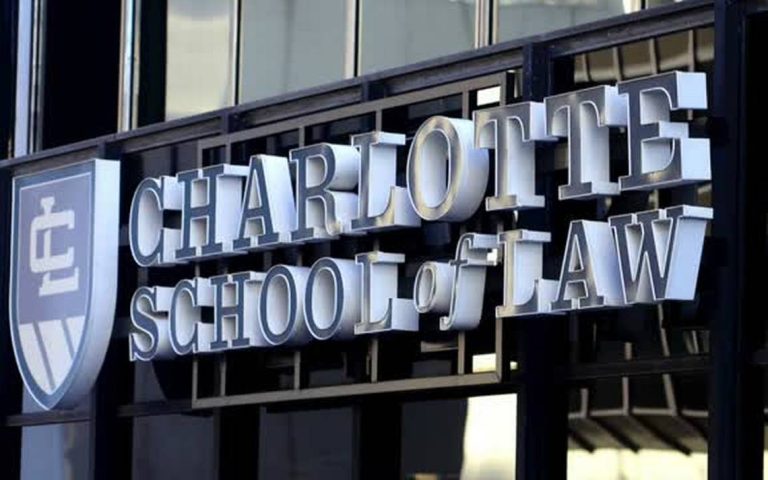Financial Fraud: Lynn Alisa Espejo For Money Laundering And Tax Fraud
Sherwood Woman Sentenced to 45 Months in Prison for Wire Fraud, Money Laundering, and Tax Fraud LITTLE ROCK—Cody Hiland,…

Sherwood Woman Sentenced to 45 Months in Prison for Wire Fraud, Money Laundering, and Tax Fraud LITTLE ROCK—Cody Hiland,…

Huntsville Nursing Home Pays the United States and the State of Texas $5 Million to Settle Claims Alleging Poor…

Two Brothers From Yorktown Heights Plead Guilty In Connection With Heist Of Over $1 Million Worth Of Computers Bound…

Eleven Men Charged In $1 Million Cross-Country Scheme To Defraud National Cellular Provider NEWARK, N.J. – Eleven men in…

Prince George’s County Liquor Board Official Pleads Guilty to Conspiracy, Bribery, and Obstruction of Justice Greenbelt, Maryland – On…

Four People Charged In Mortgage Fraud Conspiracy NEWARK, N.J. – A real estate investor, a builder, a mortgage loan…

Ring Leader Sentenced In Marriage Fraud Scheme ROCHESTER, N.Y. – Acting U.S. Attorney James P. Kennedy, Jr. announced today…

As a customer you will be seen as a capacity goal for fraudulent activities. however via arming yourself with…

Fort Worth Man Arrested on $25 Million Health Care Fraud Scheme FORT WORTH, Texas — A Fort Worth, Texas,…

Former Army Manager Sentenced to Prison for Taking $1 Million in Illegal Gratuities PITTSBURGH – A resident of Rochester…

Former Chemours Employee Charged With Conspiracy To Steal Trade Secrets In Connection With Plan To Sell Trade Secrets To…

Former Congressional Staffer Pleads Guilty to Extensive Fraud and Money Laundering Scheme HOUSTON – A former congressional staffer pleaded…

Former NYS Deputy Secretary of State Sentenced to Serve Thirty Months in Prison for Perjury Gave False Sworn Testimony…

Manhattan U.S. Attorney Announces Charges Against Massachusetts Businessman For Money Laundering, Financial Support For Manhattan Brothel Joon H. Kim,…

Owner of Hanford Subcontractor to Pay $235,000 to Settle Small Business Fraud Allegations Spokane – Joseph H. Harrington, Acting…

Brothers Sentenced to Prison for Defrauding U.S. Department of Defense PITTSBURGH – Thomas G. Buckner, 66, of Gibsonia, Pa.,…

Federal Jury Convicts Lawyer on Charges of Defrauding an Elderly Couple and a Bank to Prevent Foreclosure on Aurora…

A new state-of-the-art court docket to tackle cyber crime and fraud within the financial sector is to open inside…

Charlotte School of Law, a beset revenue driven law school, has closed down, state authorities affirmed — making it…

Pacific Western Bank Pays $1.75 Million To Resolve Firrea Allegations Relating To Kinde Durkee Embezzlement Scheme FRESNO, Calif. —…